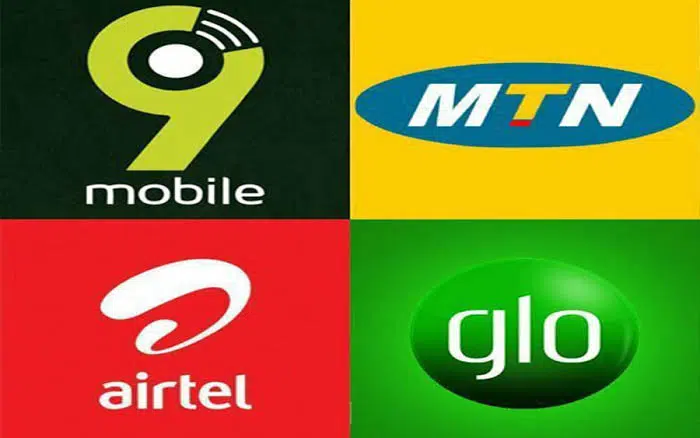Nigerian telecom operators, including MTN, Airtel, and Glo, are seeking a tariff increase to offset the escalating expenses associated with their operations and investments in the sector. This request comes after 11 years of stable tariffs, despite significant rises in operational costs and investments in network expansion and upgrades.
In a joint statement, the Association of Licensed Telecom Companies of Nigeria (ALTON) and the Association of Telecom Companies of Nigeria (ATCON) called for a constructive dialogue with industry stakeholders to address pricing challenges and establish a framework that balances consumers’ affordability and operators’ financial viability.
The telecom operators have raised concerns about deliberate acts of vandalism, theft, and other obstacles hindering the sector’s progress, and have appealed to the federal government to safeguard assets and network infrastructure. They have also called for legislation to recognize telecommunications infrastructure as critical national infrastructure.
According to ALTON and ATCON, the current price control mechanism, which is not aligned with economic realities, threatens the industry’s sustainability and can erode investors’ confidence. They highlighted their members’ ongoing infrastructure deficits, which result in limited access to vital telecommunication services, and advocated for regulatory independence to prevent undue influence and interference in the operations of the Nigerian Communications Commission.
The associations reiterated their dedication to collaborating with the government to tackle the obstacles hindering the growth of the telecommunications sector in Nigeria. By fostering a conducive regulatory environment, prioritizing infrastructure development, enhancing security measures, and facilitating pricing adjustments, the government can unlock the full potential of Nigeria’s telecommunications sector, driving economic growth and societal development.
The National Bureau of Statistics reported that investments in Nigeria’s telecommunications sector dropped to $134m in 2023 from $456.8m in the same year, marking a $322m decrease. This decline signifies a reduction of around 70.5 per cent, which could present obstacles for telecom companies in upholding or improving the standard of their services.
The development comes as the country grapples with various security challenges that demand prompt and decisive action to address these threats. The significance of telecommunications infrastructure in Nigeria’s national security and socioeconomic development cannot be overstated.
The federal government has yet to respond to the telcos’ request, but industry experts warn that diminishing investments could present obstacles for telecom companies in upholding or improving the standard of their services.

